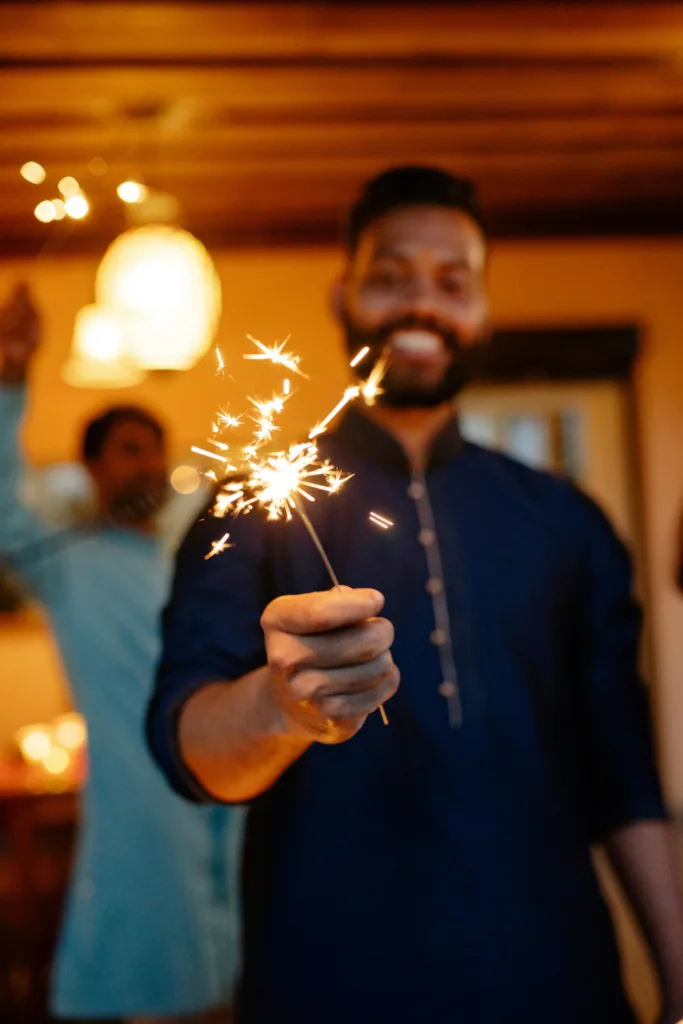Today, we’re discussing Diwali-related topics and a common question: Can you celebrate Diwali if there’s a death in the family? Let’s dive into the details without further ado.Why We Celebrate DiwaliDiwali is a significant Indian festival celebrated by Hindus, Jains, and Sikhs alike. Often referred to as the “Festival of Lights,” Diwali has a rich history and spiritual significance.
The Ramayana Connection:
Lord Rama, the son of Dasharatha, was exiled to the forest for fourteen years. Accompanying him were his wife Sita and his brother Lakshmana. During their exile, they resided in Panchavati. It was there that Shurpanakha, the sister of Ravana, saw Lakshmana and desired him. When Lakshmana rejected her advances, she became enraged and attacked him. In retaliation, Lakshmana cut off her nose.
Enraged by his sister’s humiliation, Ravana vowed to take revenge. Disguised as a sage, he visited Rama and Sita’s hermitage when Rama was away. Lakshmana had drawn a magical line around the hut to protect Sita, but Ravana tricked Sita into stepping outside the line. He then abducted her and took her to Lanka.
Rama, along with Lakshmana and Hanuman, set out to rescue Sita. After reaching Lanka, they learned from Vibhishana, Ravana’s younger brother, that Ravana’s only vulnerability was his navel. In a fierce battle, Rama shot an arrow that pierced Ravana’s navel, killing him.
To commemorate Rama’s victory over evil and his return to Ayodhya with Sita, the festival of Diwali is celebrated throughout India.

- The Story Behind the Exile:
- Kausalya’s Vardan: According to one version, Rama’s mother, Kausalya, had obtained a boon from a sage. When Rama was young, he jokingly asked for 14 years of exile, and Kausalya, bound by her vow, had to agree.
- The Bali Conflict: Another version suggests that King Dasharatha had a conflict with a demon named Bali. To avenge his father’s defeat, Rama was sent into exile.

Can You Celebrate Diwali After a Death in the Family?
- Traditionally, many cultures, including those that celebrate Diwali, observe a period of mourning after a death. During this time, festive celebrations might be postponed as a mark of respect for the deceased. However, customs and beliefs vary widely across regions and families. Some people may choose to continue with certain Diwali rituals, while others may opt for a more subdued celebration. Key factors that influence this decision include:
- Religious beliefs and practices
- Family traditions
- Personal grief and emotional state In some cases, if a new life is born around the time of a death, it’s believed that the positive energy associated with birth can counterbalance the sorrow of loss, making it appropriate to celebrate Diwali. Ultimately, the decision of whether or not to celebrate Diwali after a death is a personal one. It’s important to respect the feelings and beliefs of all family members and to choose what feels most appropriate in the given circumstances.




